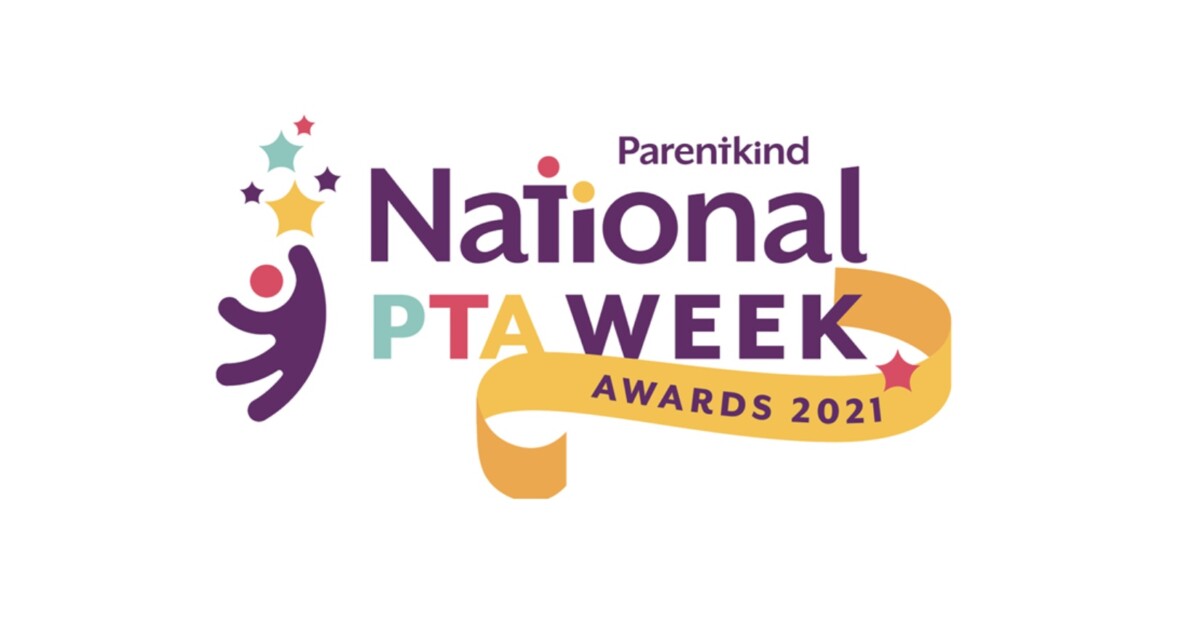Rogare project launches to resolve ethical dilemmas in fundraising for schools

The project will create tools and theories for resolving ethical dilemmas in fundraising for schools, and is being carried out in Australia and New Zealand. It will form a foundation for the ethics of school fundraising that will apply elsewhere, including in the UK.
The objectives are to identify the ethical issues, challenges and dilemmas specific to school fundraising; adapt the ideas, theories and frameworks of professional fundraising ethics to solve these dilemmas; and devise new ways to do this if existing resources are not judged sufficient. The project is being conducted in three phases with Rogare expecting to complete it in July 2025.
Reviewing current thinking
The first phase of the project has been to review current thinking on secondary educational ethics to identify similarities and differences with mainstream charity fundraising ethics, and make preliminary recommendations for the further development of an ethics of fundraising for schools.
Advertisement
Initial thinking from phase 1 has suggested lenses of ethics devised for mainstream fundraising – such as Trustism, Donorcentris and Right-Balancing Fundraising Ethics – do not map directly on to the dilemmas faced by school fundraisers, meaning bespoke normative lenses of school fundraising ethics are needed. Rogare also says that anecdotal evidence suggests a major ethical concern for school fundraisers is donor dominance, such as influencing student enrolments, selections or outcomes.
One idea from phase 1 is that fundraising is ethical when it balances the duty of fundraisers to ask parents to provide support to ensure theirs and others’ children get the best education they can, with those donors’ needs and wants. Initial ideas will be presented by Rogare director Ian MacQuillin at the Educate Plus conference in Perth this month.
Collating & cataloguing ethical dilemmas
In the second phase, a working group comprising Australian and New Zealand school fundraisers will collate and catalogue the types of ethical dilemmas encountered in fundraising at and for schools. Educate Plus will help by sending a survey to hundreds of their members in Australia and New Zealand to uncover the types of ethical dilemmas they encounter, and what would help to resolve them.
Tools & guidance to be freely accessible
The project team will then devise tools, guidance, and frameworks for resolving the ethical dilemmas encountered in school fundraising. These will then be made freely available to the fundraising profession by July 2025.
Phase 3 will start during the Southern winter/Northern summer of 2025. This will consider how these ideas relate to, and/or may need to be adapted to, the needs of fundraising for Māori, Aboriginal and Torres Strait Islander education, seeking engagement and input from these communities.
The project is being supported by New Zealand fundraising consultancy and Rogare Associate Member Giving Architects, along with Precision Fundraising in Australia.
Giving Architects Director and Chief Executive Clive Pedley (who is also part of the working group) said:
“We have been working in school fundraising environments in New Zealand and Australia for over 20 years. As opportunities for the role of giving and philanthropy in all its forms have increased, so have the demands of leaders, staff and volunteers to traverse a range of situations. This can lead to situations where there are genuine concerns about the rights and obligations of different stakeholders. Well beyond determining right and wrong, legal or otherwise, there is a need to provide an informed and suitable framework and toolkit to help those involved make ethical decisions at critical moments.”
MacQuillin said:
“One challenge of this project was to ensure that any ideas we came up with to help school fundraisers resolve ethical dilemmas were also compatible with and complement the principles of the ethics of education.
“A key tenet of educational ethics is that the interests of the student should always come first, but that creates and ethical tension between the interests of any individual student and the rest of their class. This is something school fundraising needs to consider.
“It’s also been said that the ‘central dilemma’ in education ethics is the conflict between teachers – who want to do what’s best for students; and administrators who want to ensure the school runs according to standards and targets. This can lead to pressure on teachers to act unethically, for example to inflate grades. So a further consideration is whether school fundraisers are seen by teachers as part of the school administration system. Yet it is possible that there will be ethical dilemmas that pit fundraisers against the administrators and the system. These may not be dilemmas that directly involve teachers, but teachers may still be interested parties to the outcome.”
This is the second major project that Rogare has conducted outside the USA and UK – after the work with AFP Canada on the Canadian Fundraising Narrative.






